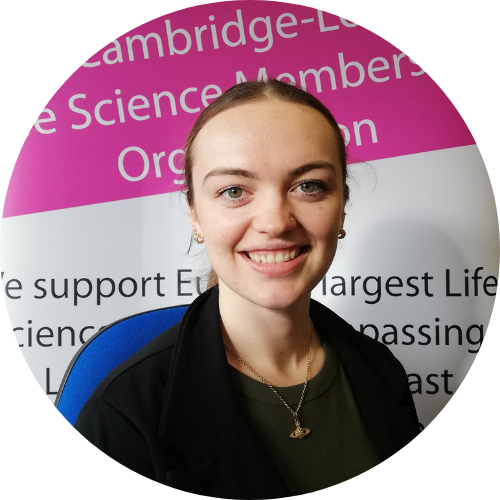By Jasmin Bannister, Business Development Manager, One Nucleus

Advanced therapy describes medicines for human use that are based on genes, tissues or cells. In this blog, I will be focusing on the evolution of cell therapy and gene therapy focused trends in deal flow. Whist cell therapy and gene therapy both aim to treat, prevent or cure diseases, they are quite different in their approach. Cell therapy focuses on treating diseases by manipulating cells and can involve restoring the function of damaged cells or using modified cells to deliver a therapeutic effect. Gene therapy aims to treat disease by directly altering a person’s genetic makeup; this can involve replacing faulty genes, inactivating harmful genes or introducing new therapeutic genes. At times, some therapies could be considered both a cell and gene therapy if they are applying the techniques of both therapies in a single approach.
There have been significant achievements in recent years with record funding and clinical research; industry-sponsored cell and gene therapy trials have more than tripled over the last ten years, while non-industry trials have grown by 5%, largely driven by CAR T-cell therapies.
According to a recent IQVIA report, the number of cell and gene therapy deals has increased by 48% over the last ten years, although deals did decline in 2022 and 2023 following the pandemic rush in 2020 and 2021. The report also states that venture capital activity has accelerated over the last three years, reaching $3.4 billion in 2023, a 70% increase from 2022 but down 43% from record funding in 2021.
Some notable achievements from One Nucleus members include an announcement last year from AviadoBio, a gene therapy company that received clearance and fast track designation from the FDA for AVB-101 for the treatment of frontotemporal dementia with progranulin (GRN) mutations. At the beginning of this year, we also saw exciting news from Apollo Therapeutics, with the announcement of their second close of Series C financing, bringing their total raised in the round to $260 million.
On Wednesday 5 June 2024, One Nucleus will be hosting a BioWednesday in collaboration with Bristows to discuss the latest opportunities and challenges involved in M&A, VC, and licensing transactions in cell and gene therapy. If you would like to attend, please sign up here.
The session will cover topics such as “what makes these different from deals for small molecules or other types of therapies?” and “what are the top priorities for those looking to invest in, or acquire, cell or gene therapy businesses?” The expert panel will share their insights on M&A trends, lessons learnt from licensing deals, the regulatory landscape that impacts these deals, and key ingredients needed to make them a success.
Who is behind a great Cell and Gene Therapy deal? A great company, a great investor, and a great lawyer!
For that reason, our expert panel, moderated by Claire Smith, Partner at Bristows LLP, comprises Jodie Albutt, VP, Intellectual Property at Quell Therapeutics; Nuno Alves, Associate Director Business Development at Astellas Pharma; Graeme Fielder, COO at AviadoBio; and Pedro Correa de Sampaio, CEO at Neobe Therapeutics.
Bristows LLP are recognised experts and advisors at the forefront of legal developments in the pharma and biotech industries. They facilitate and advise on strategically important corporate deals and commercial collaborations.
Neobe Therapeutics, a biology startup based at Stevenage Bioscience Catalyst, recently announced the successful closure of a $2.34 million financing round. Neobe Therapeutics was created specifically to address barriers created by the local microenvironment of solid tumours, which prevent the infiltration of cancer reactive immune cells. Pedro Correa de Sampaio will be sharing his experience of closing their seed round and early conversations with Pharma.
Quell Therapeutics is on a mission to build a major global biopharmaceutical company developing transformational therapies for a range of autoimmune and inflammatory diseases, as well as preventing rejection in organ transplantation, based on modularly engineered Tregs. Last year they signed a collaboration, exclusive option, and license agreement with AstraZeneca to develop, manufacture, and commercialise engineered Treg cell therapies for autoimmune diseases.
AviadoBio is striving to develop and deliver potentially transformative gene therapies for people living with neurodegenerative diseases such as frontotemporal dementia (FTD) and amyotrophic lateral sclerosis (ALS).
Astellas Pharma, a Japanese multinational pharmaceutical company, is committed to being at the forefront of healthcare change. Their vision is to translate innovative science into valuable treatments for patients. This commitment is evident in their recent collaboration with YASKAWA. Together, they aim to support startups and academic institutions working on cell therapy. This collaboration has the potential to deliver cutting-edge cell therapies that could become innovative treatments for patients.
We look forward to hearing from an excellent line-up of speakers and hope you can join us.